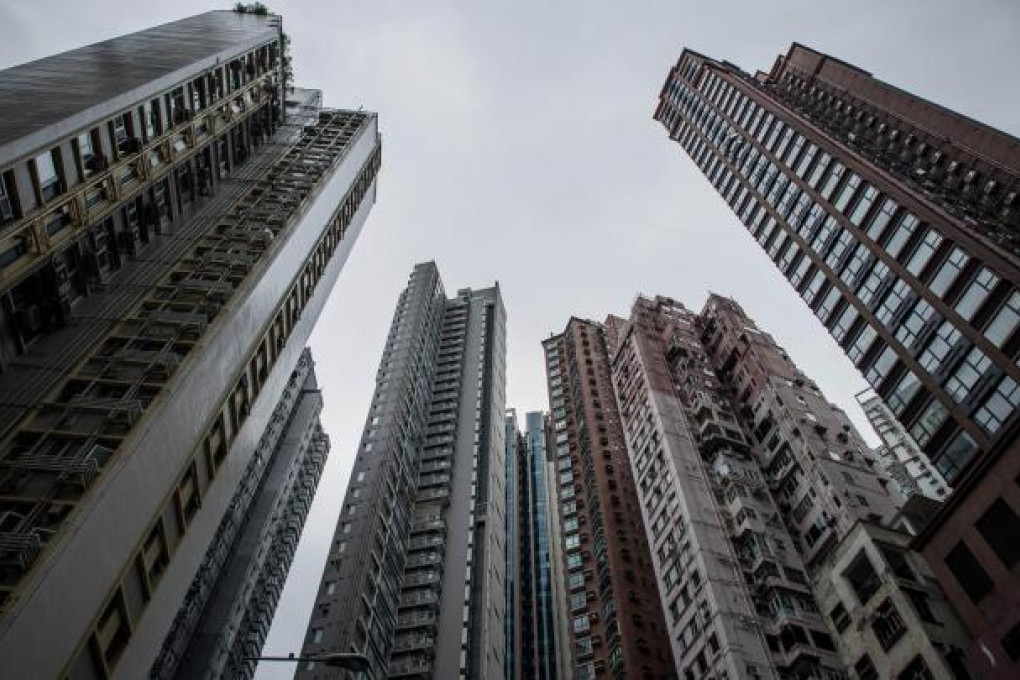Government needs better ways to rein in property prices
Government and HKMA's repeated efforts to prick real estate bubble haven't worked, so how about trying other steps that might do the trick?

It's no secret that since late 2009, there have been valiant attempts to moderate the rise in property prices in Hong Kong.
In the past three years the government and related agencies have intervened in the property market no fewer than 25 times, introducing additional stamp duties - a Special Stamp Duty and a Buyers' Stamp Duty - and mandating banks to lower their maximum mortgage advance ratios and run increased interest rate stress-test scenarios. Most recently, it doubled ad valorem stamp duty rates.
Given Hong Kong's fixed exchange rate system and the United States Federal Reserve's unprecedented multiple rounds of quantitative easing, the city has no option but to import a low-interest-rate regime and watch billions of dollars pour into the property markets unfettered.
With the barrage of direct and unprecedented government interventions in the local property market in the past three years, have these measures achieved their unspecified goal? If the goal has been to moderate the rise, or dampen residential property prices, the data shows that the collective measures have been largely ineffectual, as prices have continued to rise by 35-40 per cent since the first measures were implemented in 2009.
Interestingly, most of the measures have targeted transactions (flow) rather than existing holders of property (stock). For example, in November 2010, the Special Stamp Duty was introduced to disincentivise short-term buyers/investors. On the surface, it succeeded in eliminating confirmor purchases of new homes and significantly reduced speculation in the secondary market.
However, the reduction in property market liquidity created unintended consequences that continued to drive prices higher as intrinsic demand from genuine buyers remained strong against a market backdrop with substantially reduced liquidity. Rather than step back and ask why the measures have not succeeded, or which measures would be more effective, the government continues deeper into uncharted territory.